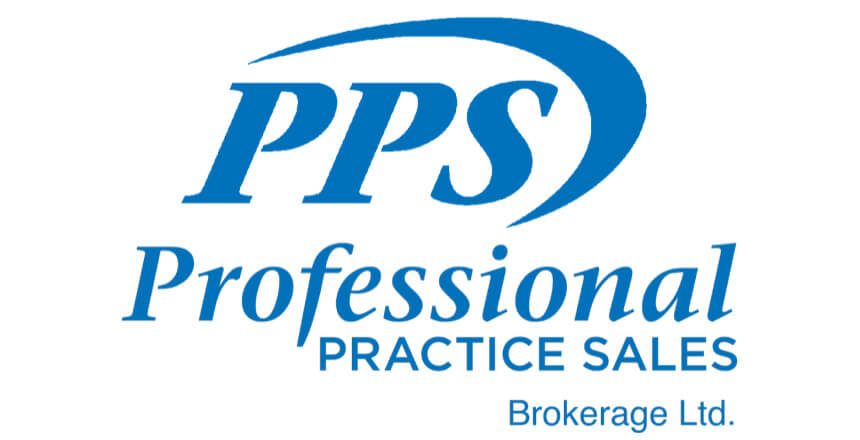
When contemplating the sale of a practice, the major area of uncertainty concerns transition. It means many different things to most vendors. The vendor’s reasoning can range from wondering “How long a period could I stay on?” to “I do not want any transition. I want to sell and be gone!”
In today’s vendor market the vendor is in greater control if he/she is located in a community which is in demand. If the vendor has 2,000 or more recall patients in a sought after community, he/she can basically dictate the transition plans to the purchaser. If this is unacceptable to the vendor’s potential purchaser then another dentist with similar transition plans as the vendor’s will buy the practice. But the vendor should be aware that the world does not always unfold as one would expect. The personality of the purchasing dentist is also very important. You must relate to the purchaser in practice philosophy. Typically, the younger dentist is more interested in developing the practice i.e., stronger hygiene program and more cosmetic dentistry.
If the practice has about 1,200 recall patients it is much more difficult for the vendor to call the tune as most purchasers can treat 1,200 recall patients without the assistance of an associate. This means that if you have a smaller practice, a short transition is about the best you can expect. If there is a shortage of patients the new owner will want to do the treatment and there will be no work for the vendor associate.
I was just talking to a dentist with about 1,200 recall patients who wanted to sell and be an associate in a practice near his cottage. This normally works out well as there is a shortage of dentists in cottage country and the sale can be completed with a limited transition. We recently sold a larger practice where the vendor wished to get his capital out of the practice and still work for a number of years. We structured the sale around selling ninety per cent of the practice and the vendor continuing to hold ten per cent to ensure that he could continue to work. The purchaser also agreed to purchase the last ten per cent at a price of ten per cent of the last year’s gross. Thus, if the production goes up, so does the value of the remaining ten per cent. The trigger to sell was at the option of the vendor not the purchaser. The vendor agreed not to exercise his option to sell for a minimum of 24 months. This is not a Sequential Buy-in; it is more of a guarantee of future income as a dentist.
Another large practice we recently sold had no transition time after the sale, although the purchaser came into the practice as an associate a couple of weeks prior to the completion of the sale. Special arrangements should be in place prior to the future purchaser arriving to ensure the completion of the sale.
Basically, tell your broker what transition plan you would like as that will have significant impact on the type of purchaser they will attempt to attract. Generally, a newer graduate requires more transition time whereas a more experienced dentist requires less or no time.
